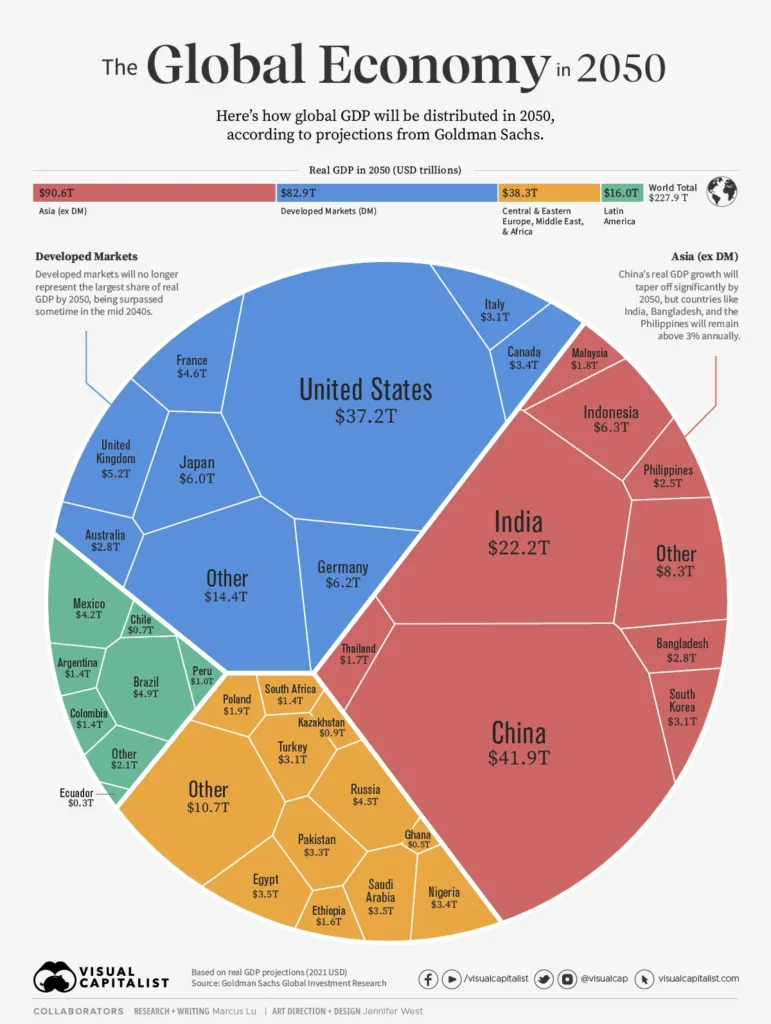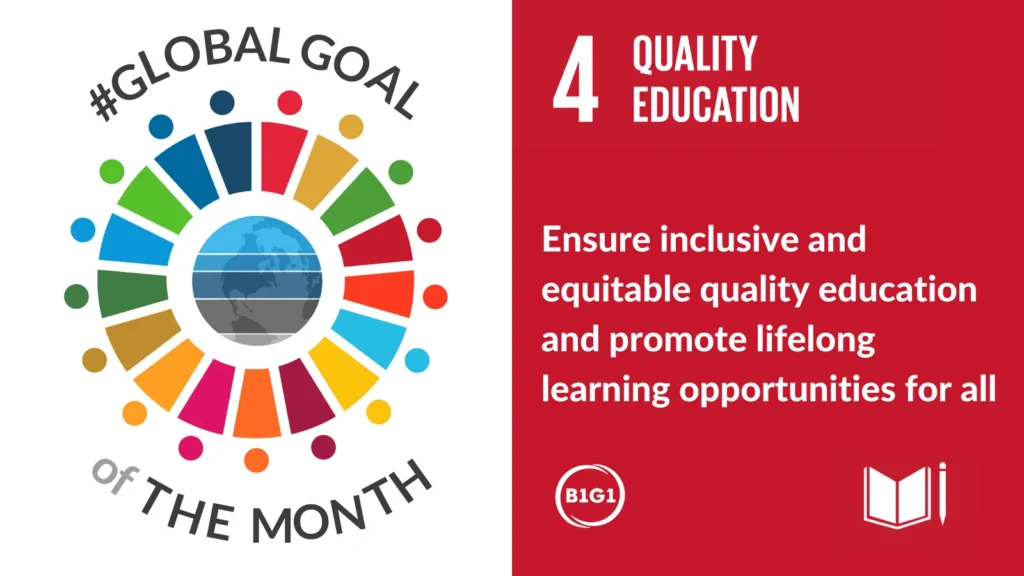Throughout this article, readers will gain insights into the various dimensions of populism, including its historical roots and the socio-economic conditions that have fueled its growth. We will examine case studies from different countries, highlighting how populist leaders have harnessed public sentiment to challenge traditional political structures. Additionally, we will discuss the potential consequences of this trend, such as increased polarization, the erosion of democratic norms, and the impact on global cooperation.
As we navigate through the complexities of populism, we invite you to join us in uncovering the intricate relationship between populist movements and their global consequences. Understanding this dynamic is crucial for anyone interested in the future of politics and society. So, read on to discover how the rise of populism is reshaping our world and what it means for the future of governance and civic engagement.
Economic Inequality and Populist Movements
One of the most significant factors contributing to the rise of populism globally is the increasing economic inequality observed in many countries. As wealth becomes concentrated in the hands of a few, a growing number of individuals feel marginalized and disenfranchised. This economic divide creates fertile ground for populist leaders who promise to address the grievances of the “common people” against the elite. By framing their narratives around economic justice, these leaders often gain substantial support from those who feel left behind by globalization and technological advancements.
Populist movements frequently capitalize on the frustrations stemming from stagnant wages, job losses, and the perceived failures of traditional political parties to address these issues. For instance, in the United States, the rise of populism can be traced back to the 2008 financial crisis, which exacerbated economic disparities and led to widespread disillusionment with established political institutions. Similarly, in Europe, the economic fallout from the Eurozone crisis has fueled the growth of populist parties that advocate for protectionist policies and challenge the status quo.
Moreover, the narrative of economic inequality is often intertwined with national identity and cultural concerns. Populist leaders may exploit fears related to immigration and cultural change, arguing that these factors further threaten the economic stability of the working class. This combination of economic and cultural grievances creates a potent message that resonates with many voters, leading to significant political shifts in various countries.
Impact on Global Politics and International Relations
The rise of populism has profound implications for global politics and international relations. As populist leaders often prioritize national interests over international cooperation, this shift can lead to increased tensions between countries. For example, populist governments may adopt protectionist trade policies, withdraw from international agreements, or challenge multilateral institutions, which can destabilize established diplomatic relations and create uncertainty in global markets.
Furthermore, the populist rhetoric often emphasizes a “us versus them” mentality, which can exacerbate divisions not only within countries but also between them. This polarization can hinder collaborative efforts to address global challenges such as climate change, migration, and public health crises. As nations become more inward-looking, the potential for conflict increases, and the ability to forge consensus on critical issues diminishes.
In addition, the rise of populism can lead to a decline in democratic norms and values. Populist leaders may undermine checks and balances, erode the independence of the judiciary, and restrict press freedoms, all of which can have long-lasting effects on governance and civil society. As these trends unfold, the global community must grapple with the consequences of populism and seek ways to promote dialogue, understanding, and cooperation in an increasingly fragmented world.
| Aspect | Description |
|---|---|
| Definition of Populism | Populism is a political approach that seeks to represent the interests of ordinary people, often contrasting them against a perceived elite or establishment. |
| Historical Context | Populism has roots in various historical movements, gaining prominence in the late 19th and early 20th centuries, and has resurfaced in various forms in recent decades. |
| Causes of the Rise | Factors contributing to the rise of populism include economic inequality, political disenchantment, globalization, and cultural backlash against immigration and diversity. |
| Global Examples | Notable examples of populist leaders include Donald Trump in the USA, Jair Bolsonaro in Brazil, and Viktor Orbán in Hungary, each representing different facets of populism. |
| Impact on Democracy | Populism can undermine democratic institutions by concentrating power, eroding checks and balances, and fostering polarization within society. |
| Economic Consequences | Populist policies may lead to short-term economic gains but can result in long-term instability, protectionism, and challenges to international trade. |
| Social Consequences | Populism often exacerbates social divisions, leading to increased xenophobia, nationalism, and a decline in social cohesion. |
| Future Outlook | The future of populism remains uncertain, with potential for both resurgence and backlash as societies grapple with the challenges posed by globalization and inequality. |




